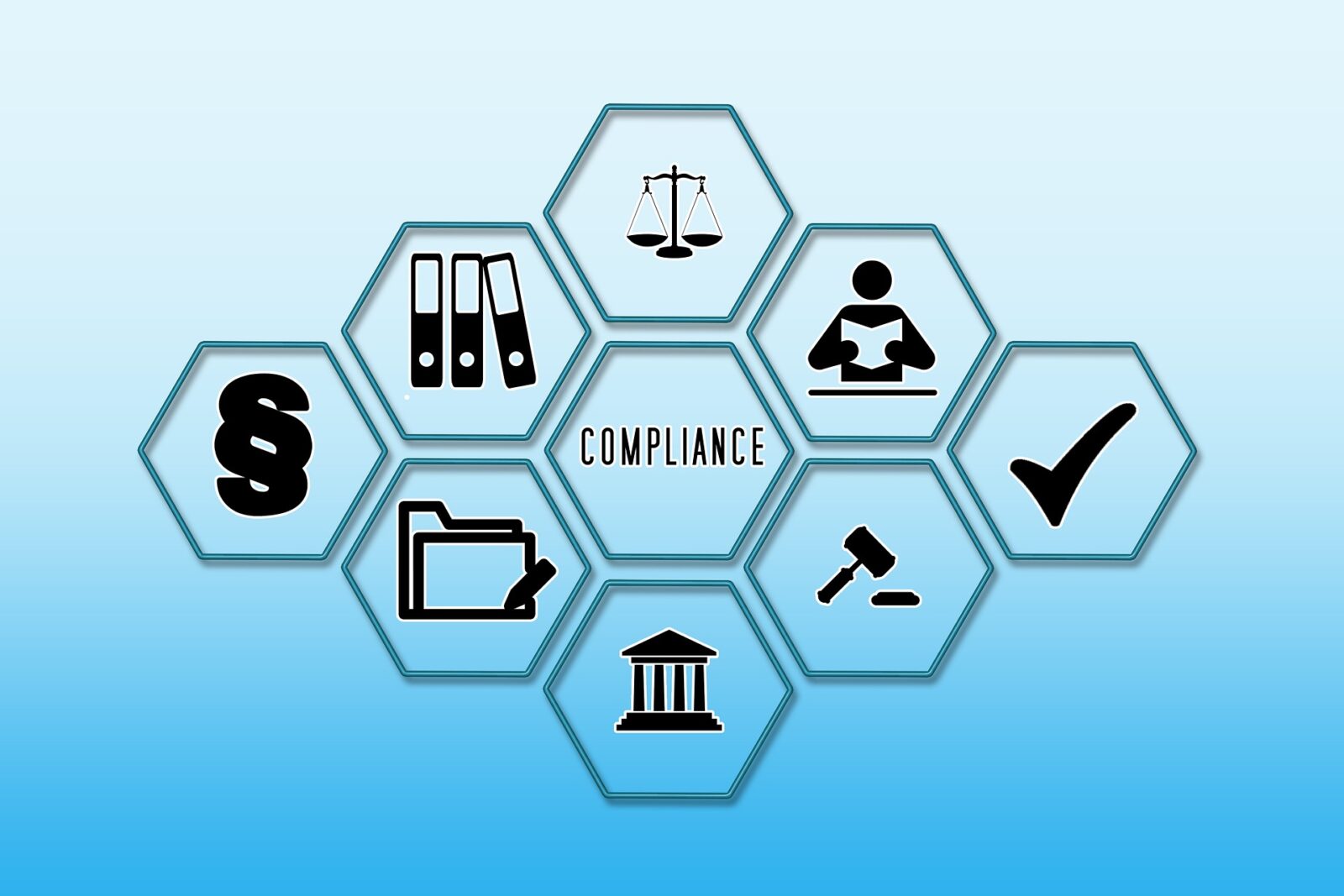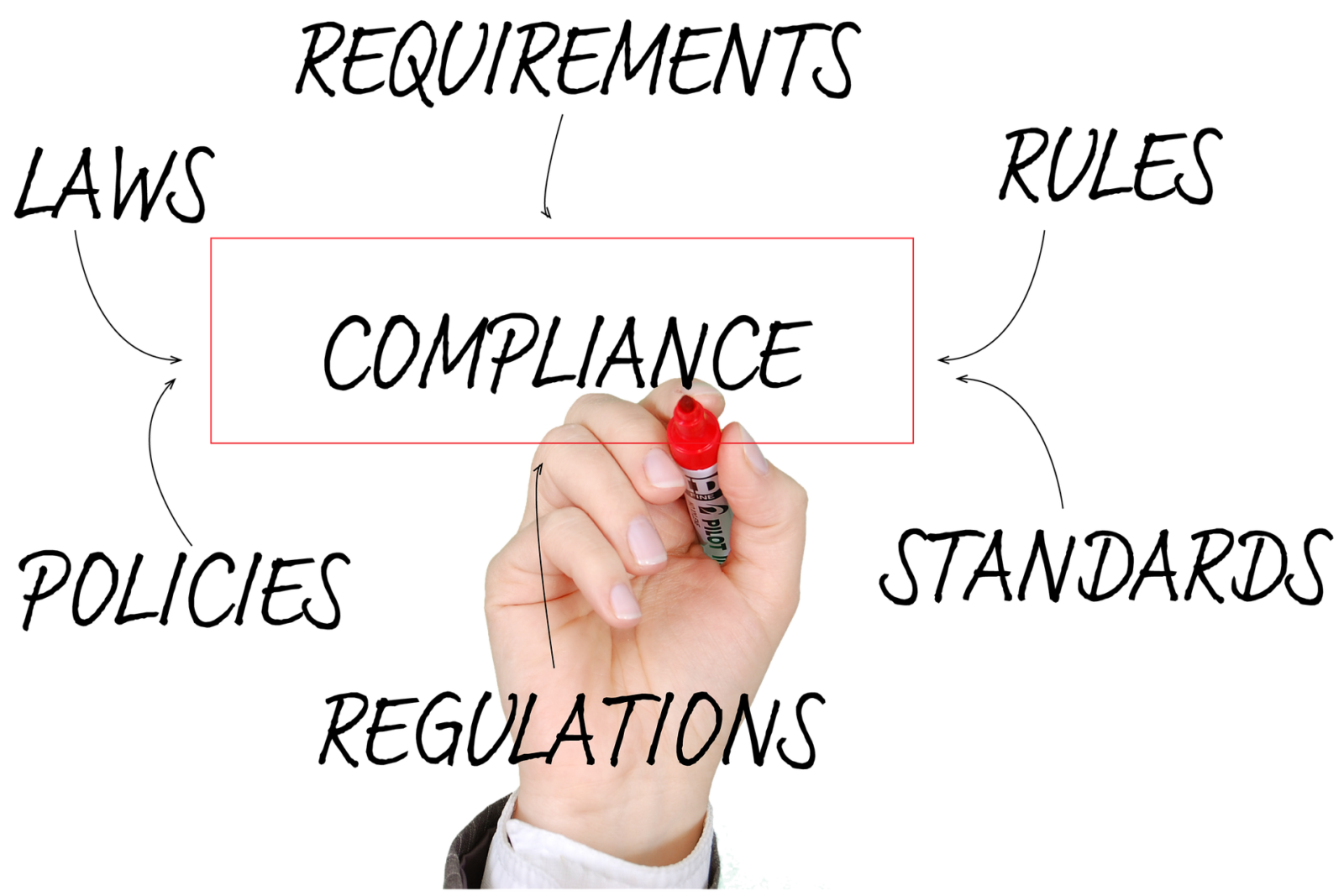On December 17, 2021, the deadline for the implementation of the EU Whistleblowing Directive EU/2019/1937 into national law officially ended. What exactly this directive, which is intended to ensure minimum standards for the protection of whistleblowers, means for domestic institutions and companies, what needs to be taken into account during implementation and also what opportunities and challenges the topic of compliance and the associated whistleblowing tools harbor, also concerns the TU Wien with its nearly 5,500 employees. With foresight, the TU Wien already established the “Compliance department” and appointed two female lawyers as “Compliance Officer Central Area” and “Compliance Officer Research” (cf. 7.4. “Compliance at TU Wien “). In this way, the TU Wien , as a legal entity under public law, set a visible sign for compliance and transparency of its processes at an early stage. At TU Wien, the Compliance Officers are responsible for the establishment and expansion of a Compliance Management System as a strategic instrument, as well as for the implementation of a reporting system in accordance with the EU Whistleblower Directive. In addition, it is their task to advise and support TUW employees. The principle of “avoid, recognize early, react” applies.
About Cookies
Our website uses cookies to ensure you get the best experience on our website, for analytical purposes, to provide social media features, and for targeted advertising. This it is necessary in order to pass information on to respective service providers. If you would like additional information about cookies on this website, please see our Data Protection Declaration.
-
These cookies are required to help our website run smoothly.
Name Purpose Lifetime Type Provider wordpress_test_cookie Testing-Cookie to check whether cookies are allowed. 1 Year HTTP Homepage TUW PHPSESSID Used by WordPress to retain the state of your current user session for all page requests. Session HTTP Homepage TUW wordpress_logged_in_{hash} Used by Wordpress to keep users logged in. {hash} represents an unique user token. 1 Year HTTP Homepage TUW wp-settings-time-{id} Used to customize your view of admin interface, and possibly also the main site interface. 1 Year HTTP Homepage TUW wordpress_sec_{hash} This cookie is used to store your authentication details. Its use is limited to the admin console area. {hash} represents an unique user token. 1 Year HTTP Homepage TUW wp-settings-{id} Used to customize your view of admin interface, and possibly also the main site interface. 1 Year HTTP Homepage TUW wp-wpml_current_language Stores the current language. This cookie is enabled by default on sites that use the Language filtering for AJAX operations feature. 1 Day HTTP Homepage TUW wp-wpml_current_admin_language_{hash} Stores the current WordPress administration area language. {hash} represents an unique user token. 1 Day HTTP Homepage TUW CookieConsent_618da2 Saves your settings for the use of cookies on this website. 1 Year HTML Homepage TUW -
These cookies help us to continuously improve our services and adapt our website to your needs. We statistically evaluate the pseudonymized data collected from our website.
Name Purpose Lifetime Type Provider _pk_id.136.56ce Used to store a few details about the user such as the unique visitor ID. 13 months HTML Matomo TUW _pk_ref Is used to store the information of the users home website. 6 months HTML Matomo TUW _pk_ses.136.56ce Is needed to store temporary data of the visit. 30 minutes HTML Matomo TUW



